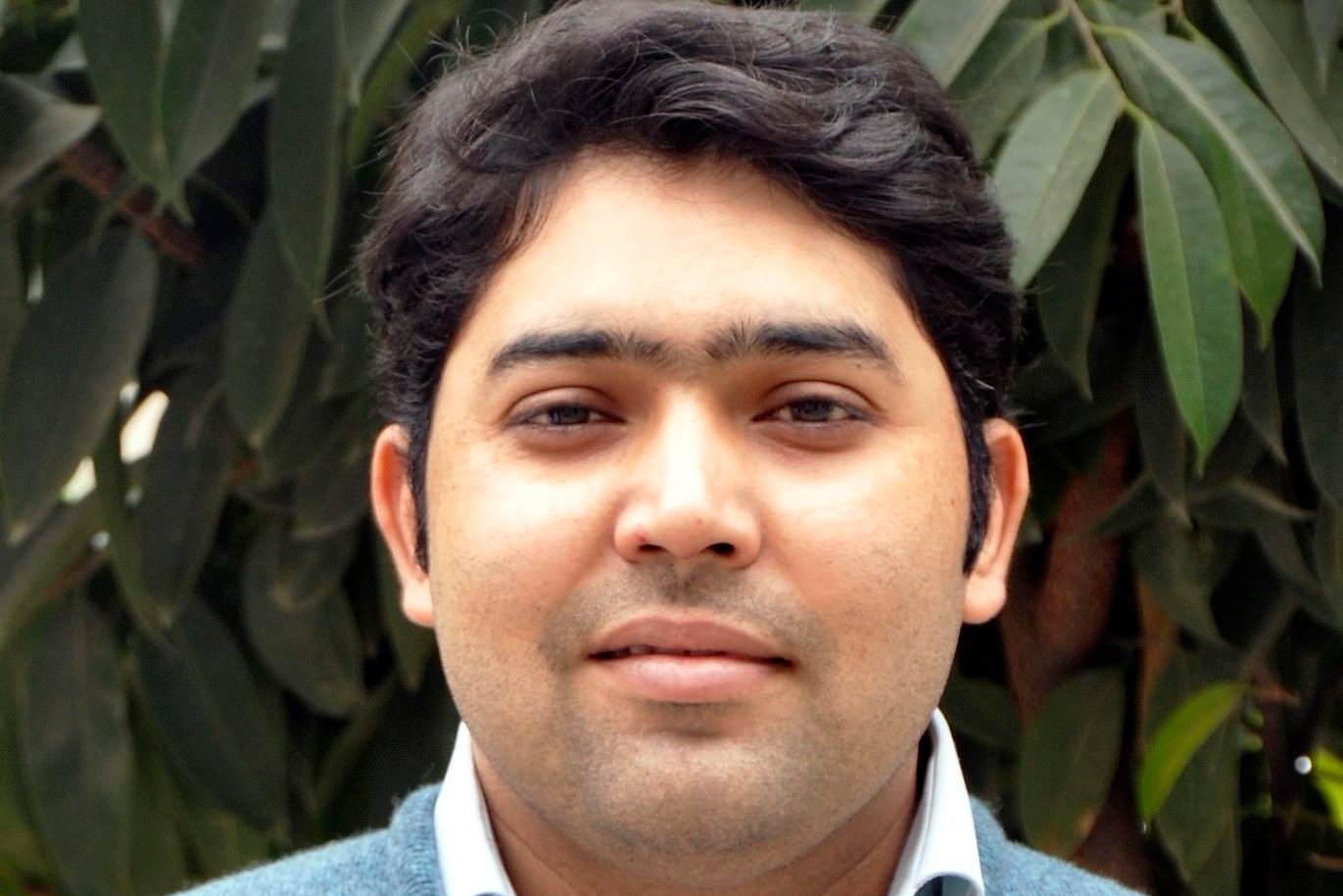NEWS
December 6, 2019

IN BRIEF
Transparency and accountability have been a key policy pillar of the PTI government since it came to power last year – for well-known reasons. The stories about corruption overwhelm us – from high-level cases against politicians, to graft within the police, to wrong-doing in colleges. Every day there are alarmist pieces about the impact that a widespread lack of transparency is having upon our society. There is no doubt that corruption is a significant problem, but this narrative is not helpful because it saps the hope needed to support reforms. And the central lesson from around the world on these [...]
SHARE
Transparency and accountability have been a key policy pillar of the PTI government since it came to power last year – for well-known reasons. The stories about corruption overwhelm us – from high-level cases against politicians, to graft within the police, to wrong-doing in colleges. Every day there are alarmist pieces about the impact that a widespread lack of transparency is having upon our society.
There is no doubt that corruption is a significant problem, but this narrative is not helpful because it saps the hope needed to support reforms. And the central lesson from around the world on these issues is that traditional approaches are not working. In Pakistan, corruption is seen as a crisis that requires compliance and enforcement, with strict rules and institutions that can fight back. The challenge is that if these laws and organizations do not correspond to reality and the relationships and incentives that exist within society – or are corrupted themselves – they become part of the problem.
What would happen if we rethought corruption, starting not with the problem but with the solution? What if we moved away from “naming and shaming” the wrong-doers and towards “naming and faming” the do-gooders? What if we focused less on legal frameworks and much more on values and ethics as a way to change norms within society? In countries as varied as Mexico, South Africa and Nigeria, we have found that these kinds of approaches work.
Let me give you an example. Recently, with UNDP, SSDO and other partners, we launched the 4th round of a campaign called Integrity Icon Pakistan. We asked citizens across Pakistan to nominate the most honest civil servant they know – and we received outstanding nominees from across the country. With the help of an esteemed panel of judges, we selected the top 5 Integrity Icons who are incredible – from the Director of Excise and Taxation in Lahore; to a Medical Superintendent in Mangla District; to the Secretary of the Regional Transport Authority in Quetta. We made films about all five – you can watch the videos and vote with thousands of other Pakistanis for your favorites here. We will celebrate the winners at a national ceremony on December 9th; and then begin to work with them to build an integrity network to push back against corruption.
These sorts of approaches are critical to reframing the corruption challenge. The trust and public credibility that they provide allow the winners to grow their influence and push for reforms. In Pakistan, a previous winner was called by the Chief Minister of Punjab the day after he was awarded and asked what position he would like. Another has been directly responsible for inspiring numerous women to take on leadership roles in the civil service in Balochistan. Elsewhere, a former winner of Integrity Icon in Mali, for example, was subsequently made Minister of Justice- and is now clamping down on graft; and a former winner in South Africa is now part of a new ethics committee to reform the way the entire government operationalizes accountability.
The solution to corruption and organized crime lies in the long-run through support for the thousands of honest public servants in Pakistan. Criminal and corrupt networks prosper because they come together to protect each other- we need to build and grow coalitions of people with integrity that can collectively do the same. This keeps them safe, builds hope and shifts norms- the more that doing the right thing is the expected behavior, the more breaking the rules becomes unacceptable.
We celebrate music and sports stars constantly- similarly, let’s celebrate the people who are working night and day to build integrity and ensure a better life for Pakistan’s citizens, especially during these times of spending cuts and austerity. All of this is not to suggest that the rule of law is not important- it is. But we need to focus much less on catching people doing the wrong thing, and much more on catching people doing the right thing. This will inspire all of us, support role-models and begin to re-build trust between the state and Pakistan’s citizens.
Fayyaz Yaseen runs Accountability Lab Pakistan. Follow Integrity Icon Pakistan on Twitter @IntegrityIconPk
